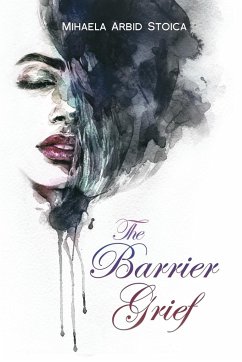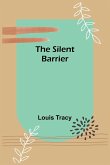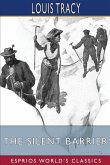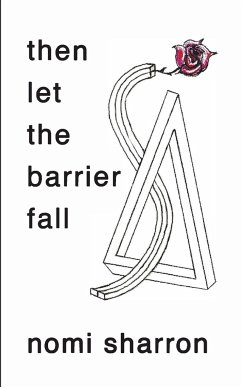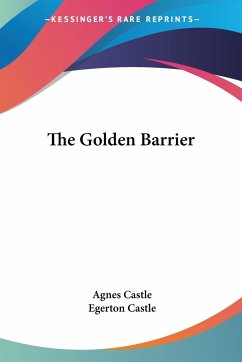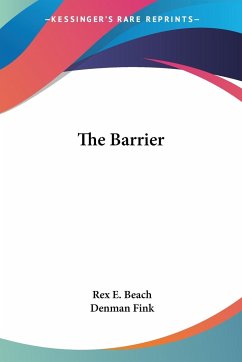The Barrier Grief follows the story of two friends in the war-torn Beirut, where in spite of the material destructions and the loss of human lives, the old city has stubbornly resisted violence. Donna, a resilient, independent businesswoman, immerses herself in her husband's trades to provide for her children, only to realize years later that she has forgotten to live for herself. Amidst accepting her children's choices in a life marred by constant bombing, finding crucial parts about herself strangled in a desert barn and discovering herself alone in a cold bed, would Donna recognize her true destiny? Anna, bereft and estranged from the outside world, has struggled to find her path again. Her son blames her for distancing him from his dying father. Beirut is increasingly dangerous and while everyone advises her to move on, she fears replacing her late husband. Would a new love emerge to heal her wounds or would it knock Anna to the ground again? The Barrier Grief is a fresh perspective on motherhood, widowhood and individuality in a world ruled by men.

